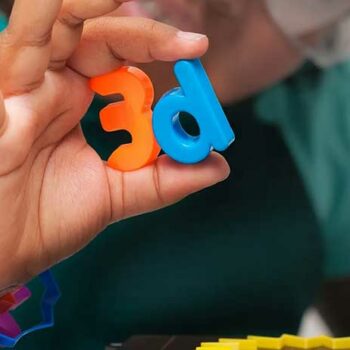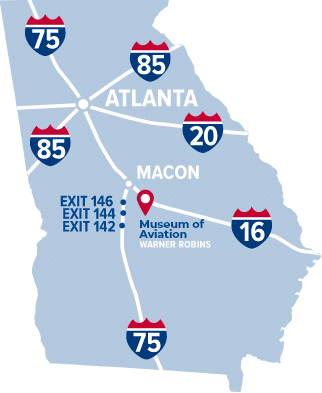America has a rich tradition of stories being passed down through families and friends. Growing up, these stories often formed much of the basis of what was known about genealogy and history. There were tall tales, funny little insights and full-blown recounted acts of heroism. These stories always made family reunions eventful and family dinner time exciting for me. Something about the rich account of the past through stories brought history to life for me.
Years later, as an undergraduate and even more so a graduate student, I have gained a new-found appreciation for stories. Modern historians call them oral histories’ which are defined by Merriam-Webster on their website as “tape-recorded historical information obtained in interviews concerning personal experiences and recollections.” This definition is somewhat dated however, in that now many oral histories are videotaped. It is a unique thing to hear someone who participated in an event, who had a front row view of history, talk about it. I have talked briefly about oral histories once before here, but I am not sure I left any of you with the impression of just how important I think they are. Without a human connection, museums simply become storage facilities. There is not much that can connect a visitor to an aircraft or artifact quicker than hearing a personal story that relates to that object. It is immensely important that historians and the general public go about the business of collection oral histories. As veterans age quickly the opportunity to collect their unique stories is quickly closing for many parts of history. World War II veterans are a great example of this, as we lose more of them every day.
As with any subjective work, an oral history should be used with caution. Time can fade memory, and sadly (and while few and far between) there are those who would intentionally mislead both historians and the public for their own gain. Oral histories should be grounded and placed within fact based context. When these policies are followed, oral histories can provide an amazing framework for museums to present their artifacts in.
The Museum of Aviation had the opportunity last week to collect several oral histories from members of the C-7 Caribou Association. We are much indebted to those men, not only for their service to this country, but for the time and emotional investment it took to share their memories with us. We hope to continue to collect oral histories here, and are especially interested in members of the local community who served in the Air Force, at Robins Air Force Base or in other branches of the military. We are currently working on exhibits on the Air Force Special Operations in the Vietnam War and our MH-53 #70-1626 so people with connections to any of those are of special interest. Take time to look through the oral history links below for some more reading on the subject.
Veterans History Project – Library of Congress oral history project focusing on veterans
UWG Center For Public History – Atlanta area source for oral history information and support
Oral History Association – General source for oral history information
American Rhetoric – Database of oral histories and speeches












